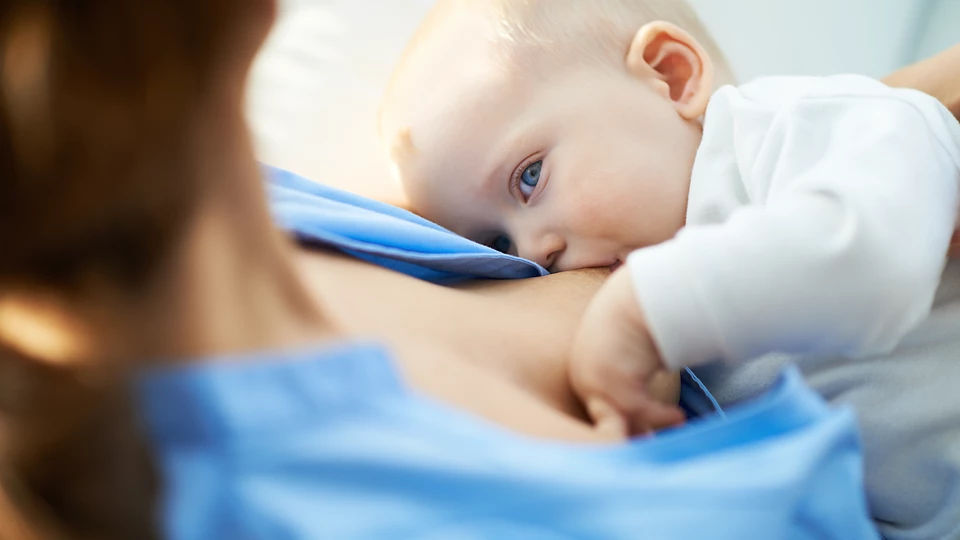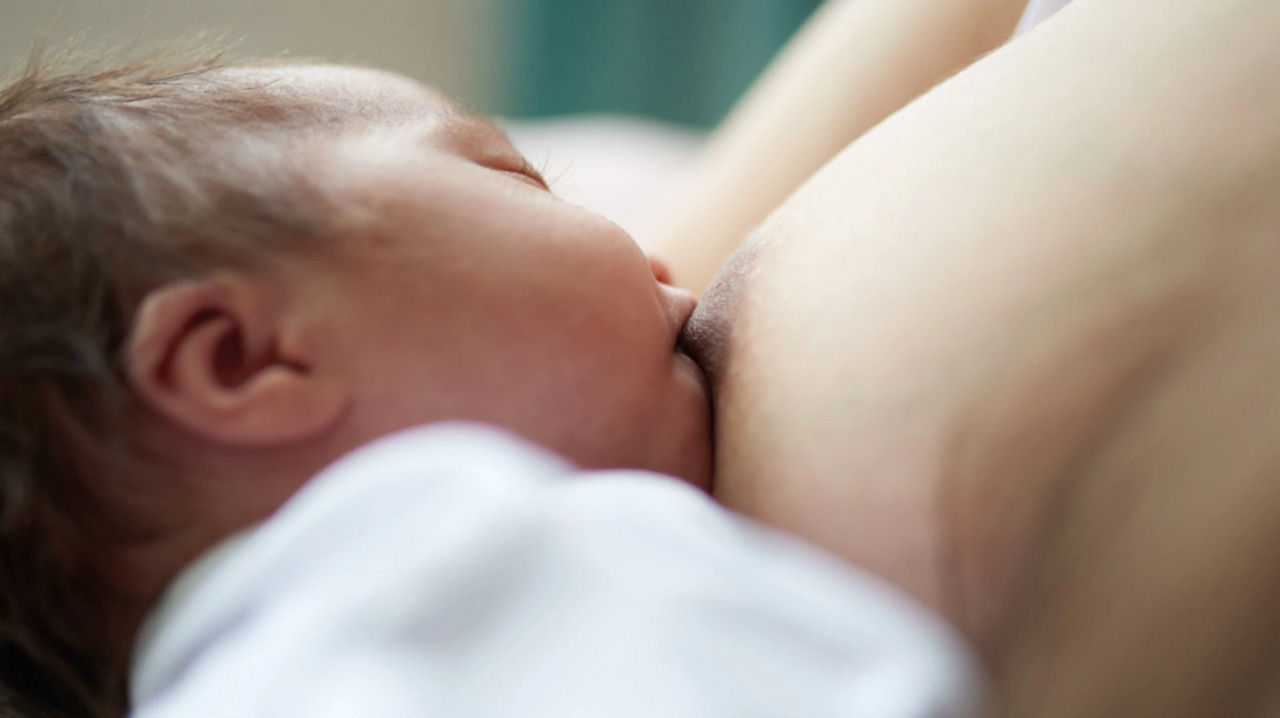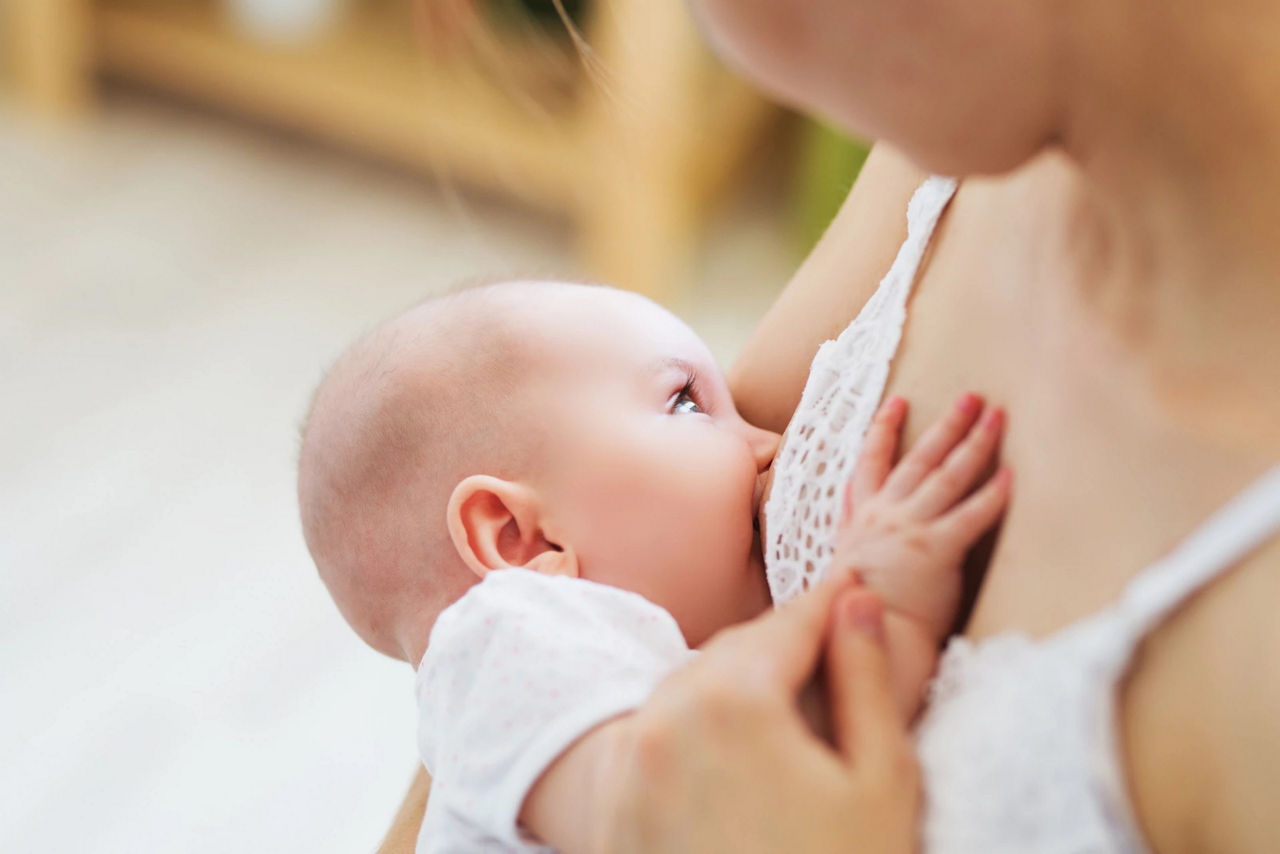Mastitis is a common breastfeeding problem, which can cause breastfeeding to be stopped early if not correctly treated. Here is our guide to mastitis symptoms and treatment, if you believe you have mastitis please contact a healthcare professional.
Mastitis: Symptoms and Treatment

What is mastitis?
Mastitis is an inflammation of the breast, which usually occurs due to a breast engorgement or blocked milk duct, which develops into a tender and red lump on the breast and can become infected2. About 2/3s of women experience blocked ducts at some point during breastfeeding, and so it is common to experience mastitis as a secondary infection of this2. You do not need to worry if you have mastitis as it is easily treatable and doesn’t stop you from breastfeeding. Please ask a healthcare professional if you think you have an infection.
Symptoms and signs of mastitis
- Wedge shaped section of breast becomes a red, tender, hot and firm lump2
- Fever
- Flu like symptoms
- Headache
- Nausea

Causes of mastitis
Mastitis1 is usually caused by a blockage of milk flow in your breast or an infection you’re your nipple. For example, mastitis can be caused by not breastfeeding in the correct position or your baby not latching on correctly, which causes the milk to not flow correctly and cause a blockage. This blockage can then become infected. If your nipples are cracked then mastitis could occur from an infection entering via your nipple, from bacteria in your baby’s mouth.
How to treat mastitis
Mastitis, breast engorgement, treatment has 2 stages: firstly feeding changes and secondly if the infection does not go away then antibiotics can be prescribed by your GP2. The original stage of treatment is to ensure the breast is fully emptied. This can be done by:
- Increasing feed frequency
- Pointing your baby’s chin towards the swollen area while feeding
- Applying a warm flannel or having a shower before feeding to warm your breast and increase milk flow
- Anecdotally, placing cabbage leaves on your breasts have been shared as a useful way of relieving mastitis pain4
- Pain killers, check if safe to consume while breastfeeding, may be used to reduce the pain
How long does mastitis last?
If caught early mastitis can go away in a few days, following the advice above. However, if the pain last for longer the mastitis may have become an infection and require antibiotics from your GP. Please speak to a health care professional if you believe you have an infection.
Can I continue to breastfeed with mastitis?
Yes5, it is important to continue breastfeeding as improving milk flow will help to remove the infection and reduce the swelling. The milk you produce is safe for your baby to drink and the removal of milk will help with treatment of your mastitis.
How to prevent mastitis
Finding a comfortable breastfeeding position is very important in the prevention of mastitis and emptying one breast before feeding from the other can also help prevention1. It is also important to keep nipples clean and ensure they air dry following feeding to prevent mastitis1. If your nipples are cracked, placing a small amount of breast milk on your nipples following feeding can help to reduce the chance of infection due to its protective nature3. Probiotics have also been seen to possibly reduce the chance of developing mastitis, as certain strains of ‘good’ bacteria have been found on only the nipples of mothers who do not have mastitis, and the strains are missing in women who do have mastitis6.
Related articles

Need some help?
You can get quick answers to common questions in our FAQs.
Alternatively, if you need help with general pregnancy or baby advice, or maybe on using or ordering our products - our expert team are always on hand to talk about feeding your baby.



